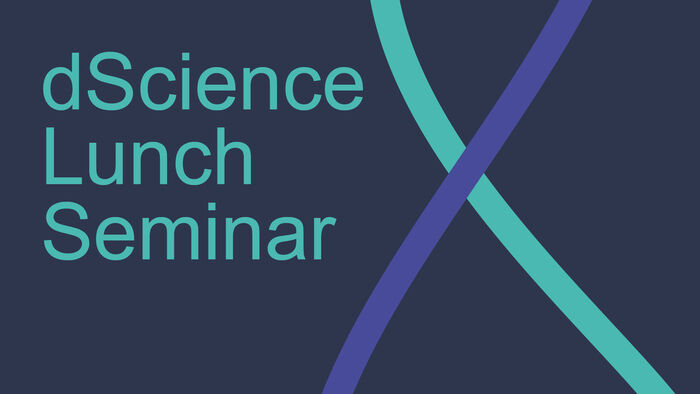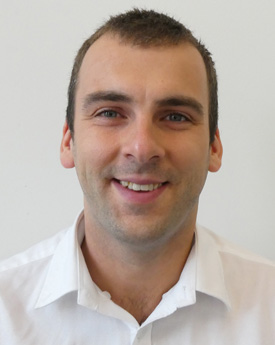Tidlegare arrangement - Side 58
Biology of Coastal European Eel (Anguilla anguilla) in Norway: Growth Analysis and Temporal Variation in Abundance
"Physics-Informed Neural Networks for Radiative Transfer in the Solar Atmosphere"
Mapping Flood Inundation Using Sentinel 1 and Sentinel 2 Data and the Google Earth Cloud Processing Platform
Many have tried to adapt Clemens and Griffiths's approach to irrationality of cubic threefolds to higher dimensions, using different invariants in place of H^3(X,Z): the transcendental part of H^4, derived categories, quantum cohomology... I will report on my attempt to use higher algebraic K-theory, which turns out to be strictly weaker than what Voisin and Colliot-Thélène have already gotten from Bloch-Ogus theory, but (I think) in an interesting way. For a positive result, I can show that the higher K-theory of Kuznetsov's K3 category for a cubic or Gushel-Mukai 4-fold looks the same as that of an honest K3 surface.
Title: Environmental changes from glacier ice cores
Speaker: Margit Schwikowski, Paul Scherrer Institut
Title: Offshore wind: Is power production limited by the atmospheric energy input?
Speaker: Ole Anders Nøst, Oceanbox
This week we discuss Gudmunds et al on TREE.
https://www.sciencedirect.com/science/article/pii/S0169534722001689?via%3Dihub
[new] Time and place: Jun 8th, 2023 12 PM – 1 PM, Greenhouse, 3215
Welcome to our weekly lunch seminar held in the dScience lounge area! This event is open to PhD candidates and postdocs.
"Machine Learning Methods Applied to Autocorrelation Vectors Generated from the Vaska’s Space Dataset"
"Cosmological parameter estimation methods for modern end-to-end analysis"
Signalanalyse av strålingsrespons i EPR- og TL-dosimetermaterialer
Optical Remote Sensing of Glacier Surges in Svalbard
Constrained folding dynamics: a generalized model for labyrinth pattern development
Tomás Gonzalo, Karlsruhe Institute of Technology
Weekly Theory Seminar.
An Extended Fully-Implicit Hybrid Model for Geological CO2 Storage
Translational regulation by a 4E-binding protein paradigm
"Exploring the cold and dense circumgalactic medium of BX610"
This is a half-day online workshop on PDEs in physical systems. Abstracts and Zoom link can be found here!
Non-Hermitian Quantum Mechanics: On the role of PT-Symmetry and Exceptional Points
Tittel: Quantum Information, Twirling and Representation Theory
Tittel: Graph Theory and Decompositons
Velkommen til formidlingsfest på Kulturhuset!
This talk will focus on recent work about the sequential detection of anomalies within partially observed functional data, motivated by a problem encountered by an industrial collaborator. Classical sequential changepoint detection approaches look for changes in the parameters, or structure, of a data sequence and are not equipped to handle the complex non-stationarity and dependency structure of functional data. Conversely, existing functional data approaches require the full observation of the curve before anomaly detection can take place. We propose a new method, FAST, that performs sequential detection of anomalies in partially observed functional data. This talk will introduce the approach, and some associated theoretical results, and highlight its application on telecommunications data.
This is joint work with Idris Eckley and Lawrence Bardwell.
Late Lunch Talk by Emily Enevoldsen





